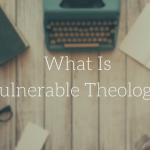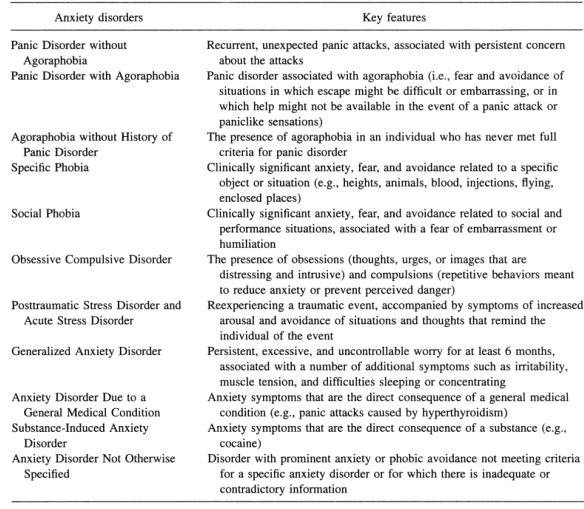I recently read a book by Louie Giglio — The Comeback: It’s Never Too Late and You’re Never Too Far. My “inner lawyer” was riled (as Paul Tripp might say). I object to the notion that God offers his people “comebacks.” There is too much suffering. Too much pain. Too many stories of defeat that end in death and desolation. This may sound a bit strong, but my soul was hostile toward this book from the moment I saw the cover. I read Comeback with a sense of judgment that made me feel embarrassingly comfortable in my pessimism about God’s working in the world. My heart’s attorney kept asking with predictable self-interest, “But what about me?”
Yet, as I read the book, my inner lawyer was prosecuted by the gospel. And that prosecution boiled down to three questions.
Louie was gracious enough to answer those questions for me — to me, really, and therefore to others. If you are at all like me, and are skeptical about God’s working in your real life today, perhaps you will appreciate Louie’s answers to my God-wrestling questions as much as I do. I am thankful for Louie’s willing patience to sit with my wrestling, and his dogged refusal to compromise the promise of hope that God offers us in the gospel.
(1) Louie, what was the need that you saw in your own heart that prompted you to think, “I need to write a book on hope for those who are in despair”? Where were you at personally when you realized “This book needs to exist”?
Life is hard. At times it crushes us to the point of despair. If you’re not nodding along with that statement now, you will at some point along the way. This world is broken, and in a thousand ways it breaks even the best of us. Every pastor knows this, because one of our greater privileges is to be invited into people’s deepest pain. As I walk into and through the valley with people I see the hurt, the loss, and the heartbreak. But, I also see the grace of God that turns our mourning into dancing. That’s not to say that our suffering always ends with a “happy dance,” but that we know that in Jesus good triumphs over evil.
But I didn’t write based on other’s stories. I wanted to tell my own. I wanted to talk openly about the dark season where depression-triggered anxiety almost took me out of the game. I’m just an ordinary person, but I hope it is helpful for someone to hear a perceived “spiritual leader” talk about struggle and despair, hope and restoration.
(2) You say throughout the book “Our God is the God of the comeback” (p. 89). How would you communicate that promise — what would you say — to someone who is in desperate circumstances, disillusioned with God?
First, I would assure them they are not alone. Dark places have a way of alienating us from friends, family, and the very community we need most in desperate times. We feel dysfunctional, frustrated, and abandoned, and as a result we withdraw. So, I would want them to know that many people have walked their road and sat in that place of confusion and doubt. Even Jesus said, “My God, why have you forsaken me!”
But I would also want to surround them with the hope that just because we cannot see God doing anything to alter or circumstances, it does not mean he’s not working. He’s always working for His glory and our good! When our view is clouded, we have to cling to what we know, namely, the power God displayed in love through the cross.
If God could turn the worst into the best, death into life, he can turn whatever we are walking through into more than we can imagine.
Step one is to be honest with how we feel. But step two is to use our minds to remember his faithfulness in the past. That remembering fuels our confidence in the future.
(3) This message of this book is not “God will reverse all of your misfortune.” Comeback opens the curtain to the million different ways that God can blip hope back on our radar. What are some baby steps someone could take, who is lost in the fog of their own personal failure?
We can’t always start over. But we can always start again. To me, baby steps look like facing each day, each hour, as an opportunity to see God shine through. The long arc of difficult situations is often too much to bear and shuts us down. But if we can set our gaze upward to Jesus to bring us through the moment, we will live to repeat that process again.
As backward as it sounds, it’s praise that is our lifeline when we are going under. So, worship in the face of whatever darkness and death is closing in. That sacrifice of praise may not change the circumstances overnight (in fact, the circumstance may deteriorate), but it will change the atmosphere of the circumstance…and your worship will change you as your view of God is lifted high.
Lastly, surround yourself with people of faith. When we are weak we want to hide. But we have to stay in the light of friends who can believe for and with us when our confidence is strained.
A Reluctant Public Statement from My Inner Lawyer
I am grateful for this book. On every page, I expected to be disappointed. But I was consistently and pleasantly surprised by Louie’s refusal to promise what God doesn’t promise. I am thankful for a book on suffering that solves no problems, gives no answers, and thereby offers a glimpse of God’s comfort in Jesus Christ in the midst of unbearable suffering. Comeback balances the tightrope between Scripture and life in a way that is neither theologically trite, nor pragmatically contrived. It is a book of gospel hope for those who, in their despair, stubbornly insist on trusting God’s unbreakable foundations for the next sunrise. My defeated inner lawyer reluctantly commends this book to those who have no hope.











